
Ask HMRC to verify you had a new child which affected your eligibility for the self-employed income support scheme. If…

Ask HMRC to verify you had a new child which affected your eligibility for the self-employed income support scheme. If…
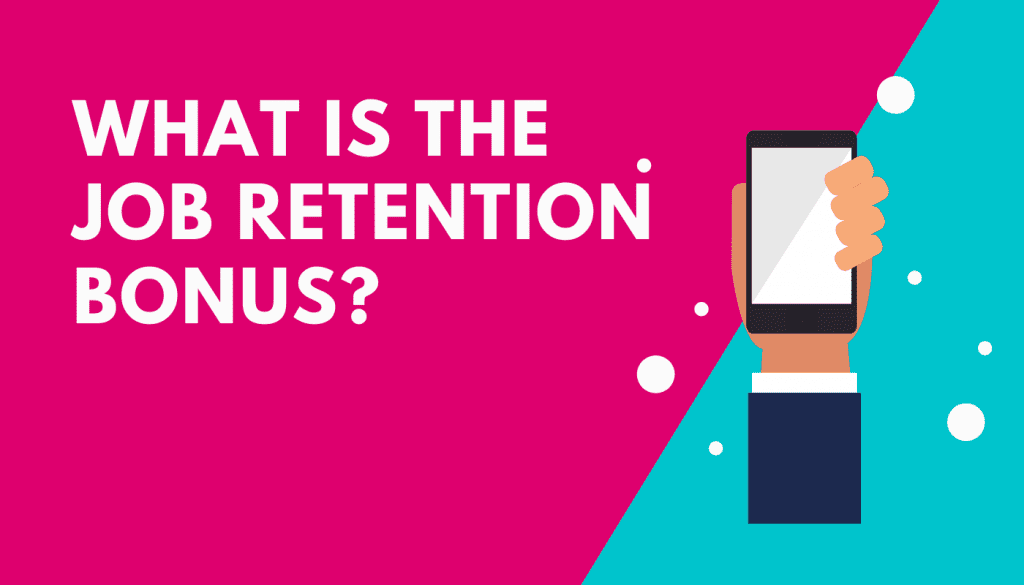
Employers will be able to claim a one-off payment of £1,000 for every employee they have previously received a grant…
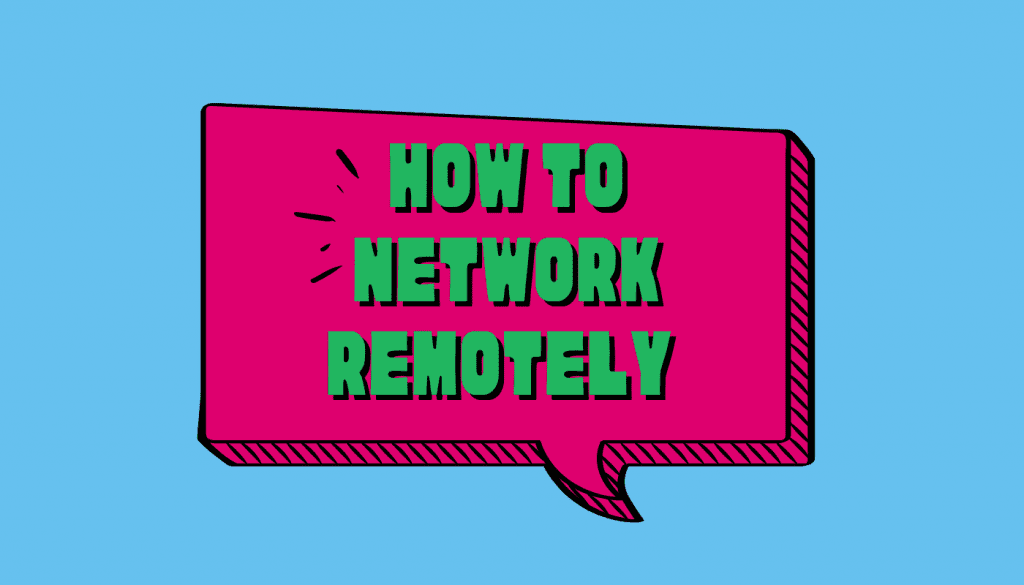
Small to medium-sized businesses have to go the extra mile to stand out from competitors, particularly when those competitors can…
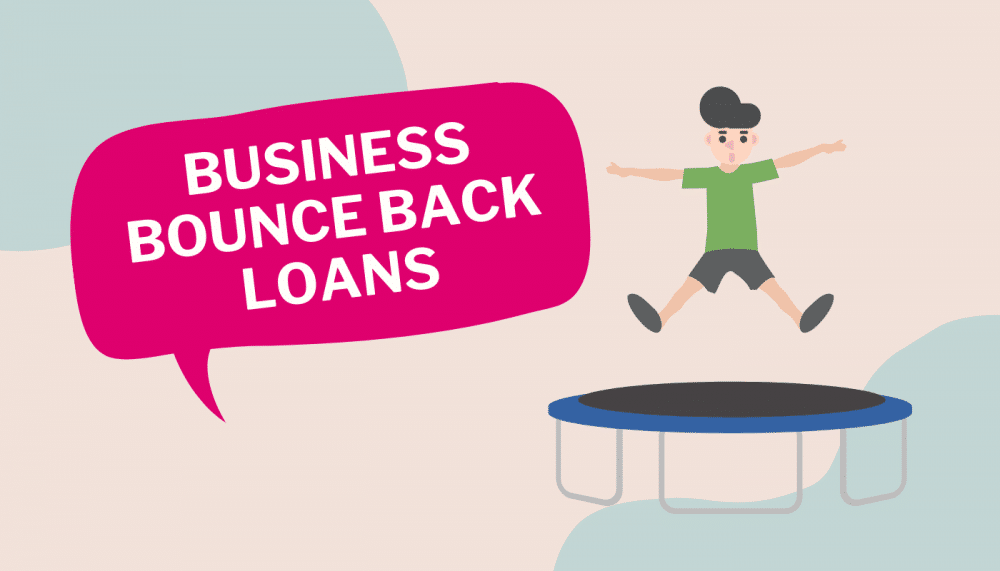
Business Bounce Back Loans – what are they and should you apply for one? Since the scheme launched in May…
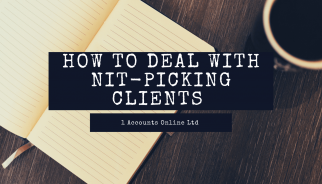
Are you finding that some of your clients, some who have previously been good clients, have suddenly become quite fussy?…
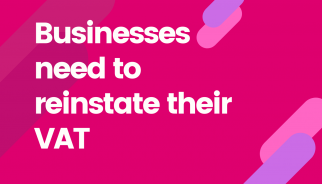
The deferral of VAT payments due to coronavirus comes to an end on 30 June and businesses need to take…

What’s Going On Now? As time goes on it is getting harder and harder to keep track of all the…

How to stay positive for your family and your team (even if you are scared and worried too) Do you…

Sole Traders to get second grant from the Government. The government’s Self-Employment Income Support Scheme will be extended, giving more…
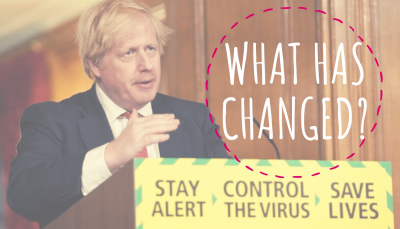
On Sunday Boris Johnson addressed the UK and gave a speech that confused the nation. Stay alert, control the virus,…